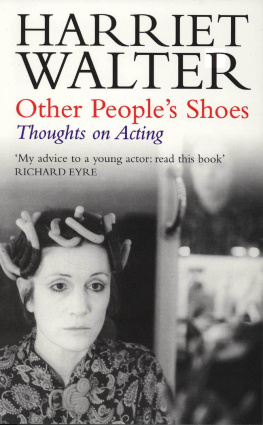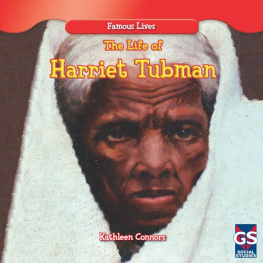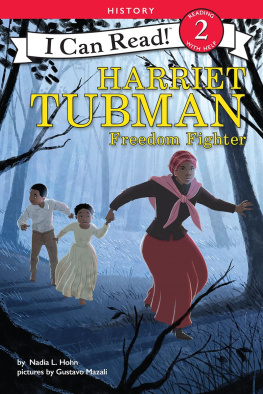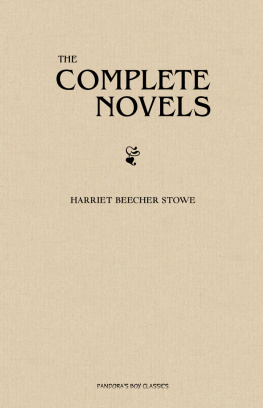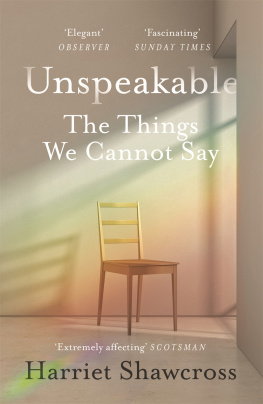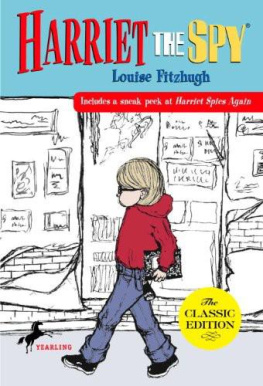I.
AN AIM IN LIFE.
For the sake of girls who are just beginning life, let me tell the stories of some other girls who are now middle-aged women. Some of them have succeeded and some have failed in their purposes, and often in a surprising way.
I remember a girl who left school at seventeen with the highest honors. Immediately we began to see her name in the best magazines. The heavy doors of literature seemed to swing open before her. Then suddenly we heard no more of her. A dozen years later she was known to no one outside her own circle. She was earning her living as book-keeper in a large five-cent store! She led the life of a drudge, and that was not the worst of it. She was a sensitive woman, and there was much that was mortifying in her position. All her Greek and Italian books were packed away. She knew no more of science than when she left school. At odd minutes she read good novels, and that was all she had to do with literature. Those who had expected much of her thought her life was a failure, and she thought so too.
Yet there is another side to the picture. The aim she had set for herself in life was not to be an author, though that idea had taken strong hold on her, and she tried to realize it in spite of great discouragements. This was her minor aim, but the grand aim with her had always been to lead the divine life at whatever cost. It proved to cost almost everything. Her utmost help was needed for her large family, which was poor. Unusual as her success with editors had been, no girl of seventeen could depend on a large income from magazines. A good salary was offered her as book-keeper, and she accepted it.
She tried to continue her favorite occupation by rising early, but she was not strong enough to go on long in that way. She sometimes had an hour in the evening, but when she saw the wistful look in her mother's face she would not shut herself up alone. At the rare times when she was still free to choose she went back to her books and her pen, but she could not do much, and at last she felt it would be better not to try. It was simply a source of vexation, and she needed a serene mind above all things.
The only way her life could open towards beauty or happiness at all was by putting the true spirit into her daily work. With a resolute heart she did this. No books were ever more beautifully kept than hers; every figure was clear and perfect; every column was added without a mistake. In short, she did her work like an artist.
To the sales-girls she was like a guardian angel. She might have written good stories all her life without helping others half so much. Little, weak, frivolous girls became strong, fine women simply from daily contact with her. She did not realize that. She only knew that she loved the girls and that they loved her. She did know that she helped her familywith her money. Her spirit helped them unconsciously still more.
When at last she gave up the minor aim of her life, and no longer tried to be learned or famous, she had her energies set free for many little things which had previously been crowded out. It was easy now to find a leisure hour to help any one who needed sympathy. There was time to watch the beauty of the sunset or of the falling snow. If she had no time to scramble through a volume of a new poet, she could still learn line by line some favorite old poem, and let it sink into her heart, so that it did its work thoroughly. If she could not find time to learn the history of all the artists from the time of Phidias to the last New York exhibition, yet when a beautiful picture was before her she could look at it thoughtfully without feeling that she must hurry on to the next. In this way, perhaps, she gained a more absolute culture than in the way she would have chosen, a culture of thought and character which told on every one who came near her.
She was always climbing up towards God, and his help never failed her. The climbing was hard, yet the pathway was radiant with light. Those who were stumbling along in the darkness by her side saw the light and were able to walk erect.
I cannot say she was altogether happy with so many of her fine powers unused. Perhaps she was not even quite right in sacrificing herself completely. Sometimes she fostered selfishness in others while she tried to cast it out of herself. But so far as she could see she had no choice. If she had refused the sacrifice, it would have been by giving up the grand aim of her life. Her minor aim was good in itself, but it conflicted with something better. Those who did not know her life intimately thought it a failure. Those who saw deeper knew that her utter failure in what was non-essential had been the condition of essential success.
I remember another brilliant girl who did win her way. She was poor and plain and friendless, but she won wealth and fame and friends, and then, with all this success, she blossomed into beauty. She had a struggle, but she came out victorious. I think she was happy. She was glad to be beautiful and to be loved. She had music and pictures and travel in abundance, and she appreciated these things. She liked to give to the poor, and she did give bountifully and with a grace and sweetness better than the gift.
She painted pictures which everybody admired, and that pleased her. She had dreamed of all this when a child. She had genius and she had perseverance. Her aim was to be a famous artist, and she did not flinch from any work or sacrifice which would help her to that end. So far all was well, and she reached the goal. As there was nothing to prevent her carrying out secondary plans at the same time, she could be cultivated and charitable without giving up her great object.
She wanted to be good besides. She never deliberately decided for the wrong against the right. And yet a noble life was not first in her thoughts. When she was a school-girl she had a lover who was like a better self. By and by he chose to study for the ministry, while she went to the city to try her fortune. So far they shared every thought and feeling and hope. She knew she was a better woman with him than with any one else. But at last he was called to a remote country parish, and for himself was satisfied with it. But shehow then could she be his wife? Her heart was torn in the strife. Some women whose vision was less keen would have married him, hoping that in some way they might still carry out their own ambition. But she was at a critical point in her career and she knew it. She had just begun to be known personally to influential people, and her name was beginning to be known to the public. She dared not risk leaving her post. She wrote her lover a charming letter,for she did love him,and told him how it was. "When I have won my victory," said she, "I shall be a free woman. And you will love me just as much when I have more to give you than I have now. But now I have my little talent confided to me, and I dare not fold it away in a napkin." Her lover agreed to this, though it was hard for him. They worked apart year after year. At last she was a free woman, with money enough to live without work at all, and with fame enough to work when and where she pleased. But gradually she cared less and less for the objects of her lover's life. She would not own to herself that she had failed in constancy to him. She always thought she was glad to see him when he came to the city. But he felt the difference in her, though he tried not to see it. She was far more beautiful than when he had first loved her; but in the days when she was so plain and had worn shabby dresses there had been an expression about her mouth which he missed now. The lovely face was still eager with longing, but it had lost the look of aspiration. Reluctantly, he admitted the change in her. At last he told her what he felt, that she had ceased to love him. She had deceived herself so far that she had not realized how idle her excuses were for putting off the marriage from year to year. When the separation came she felt a sharp pangas much of mortification at her own failure as of wounded love. Yet she consented to the separation, and she seemed to be happy after it. She thought her life had been tragic, and that she had made a heroic sacrifice of her love to the necessity which her genius laid upon her to do a certain work in the world.





